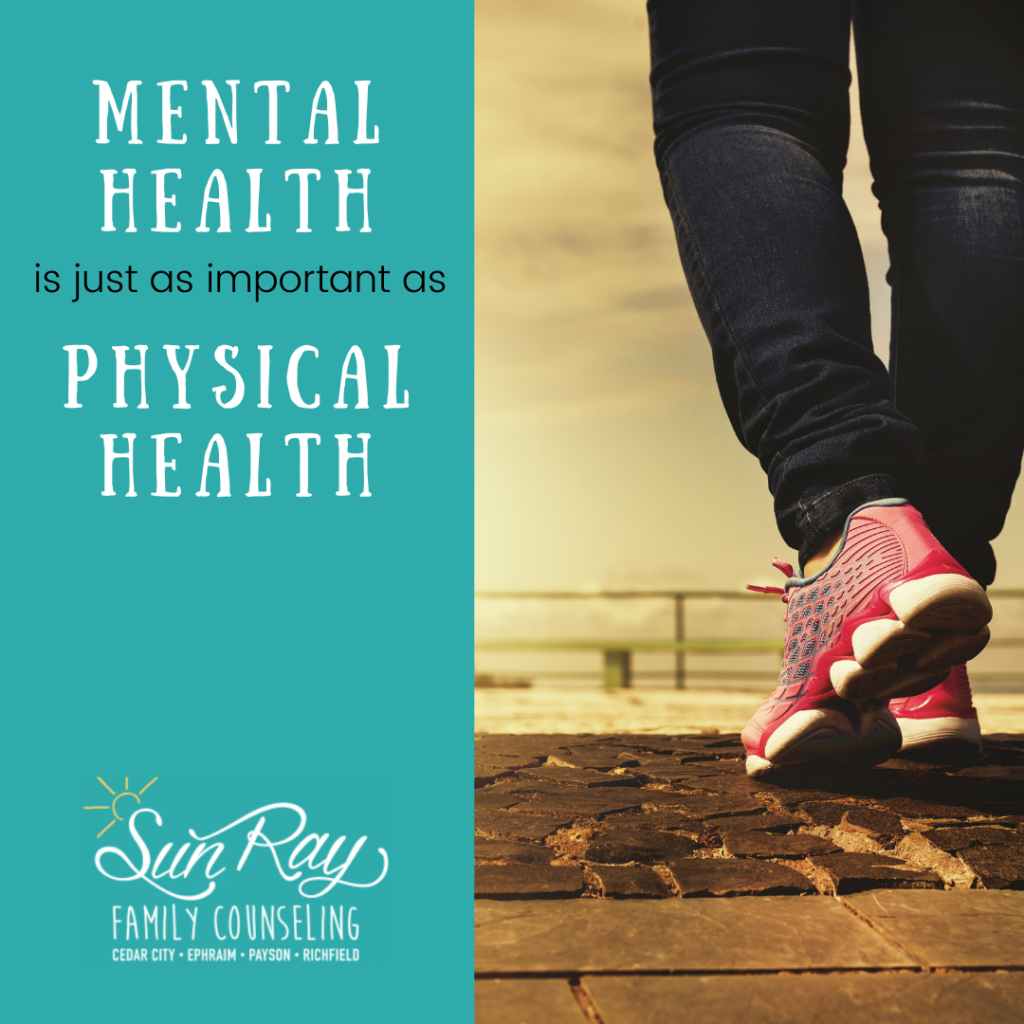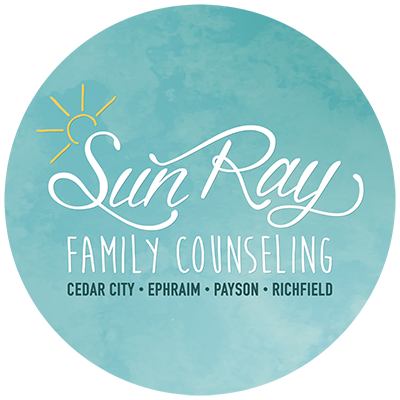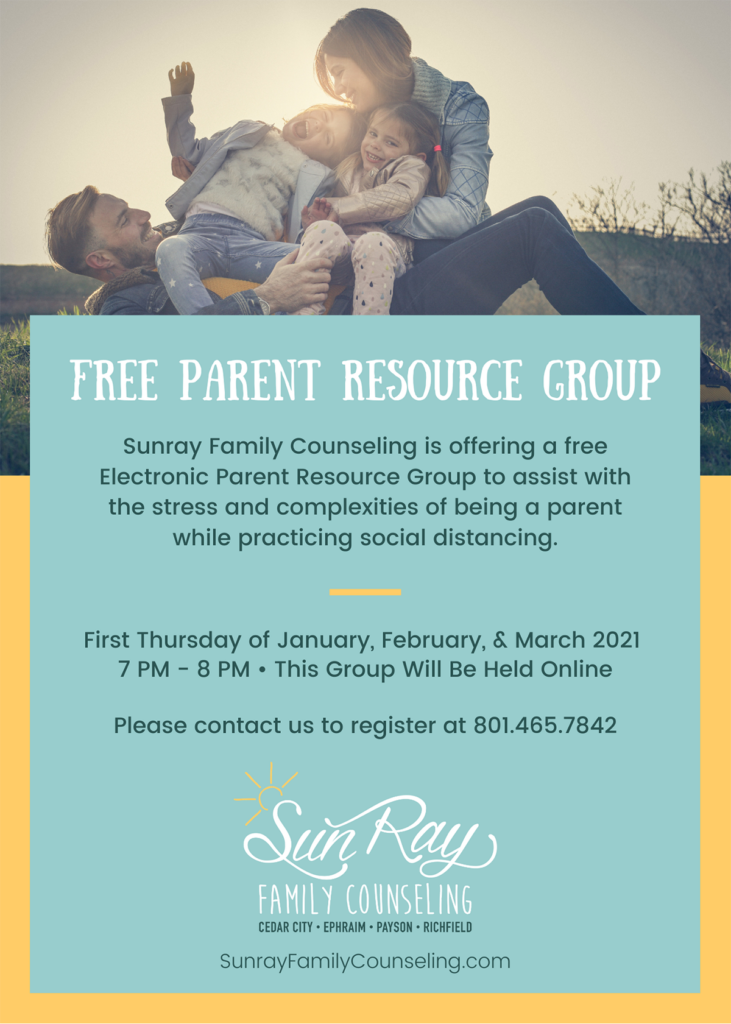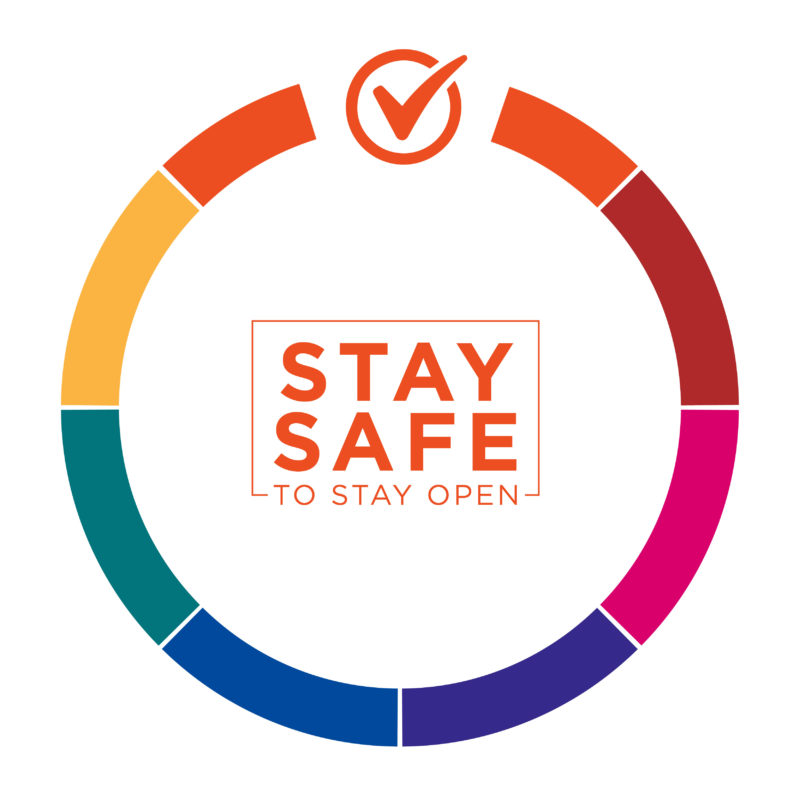
When you experience a physical injury or illness, you usually go see a medical doctor. When you are struggling with your mental health, where do you go? Many of us ignore our mental health or postpone getting help.
Healing and relief is possible! Taking care of your mental health affects your overall well-being and it’s important to seek help when you need it, just as you would for your physical health. Find a therapist you can trust and begin your own healing process.
Visit our website @ sunrayfamilycounseling.com or call (435)-283-4690 to book an appointment with one of our trained therapists.











